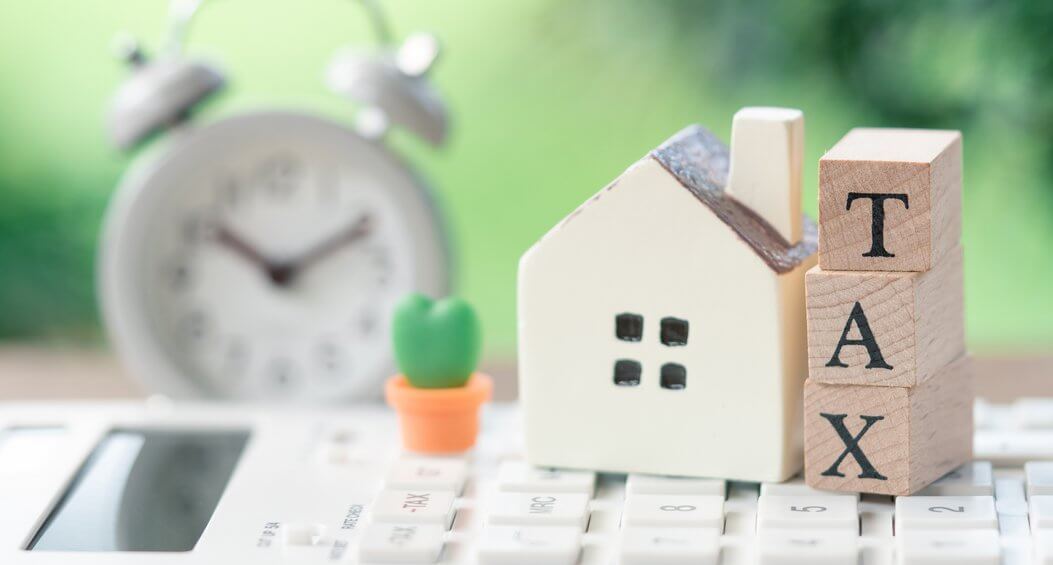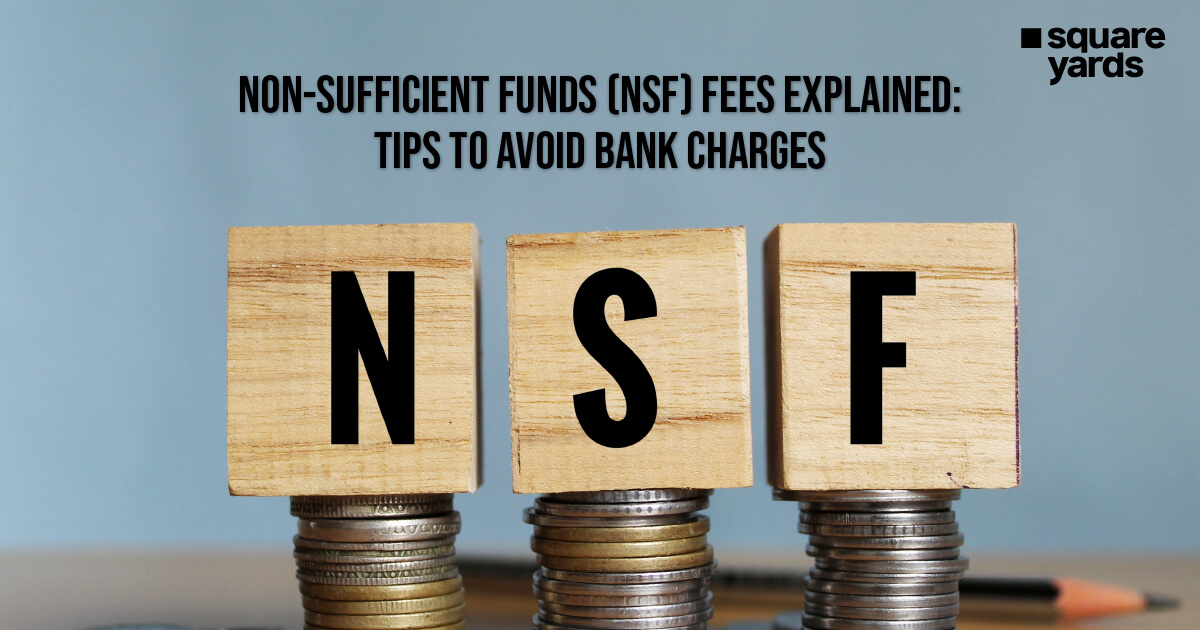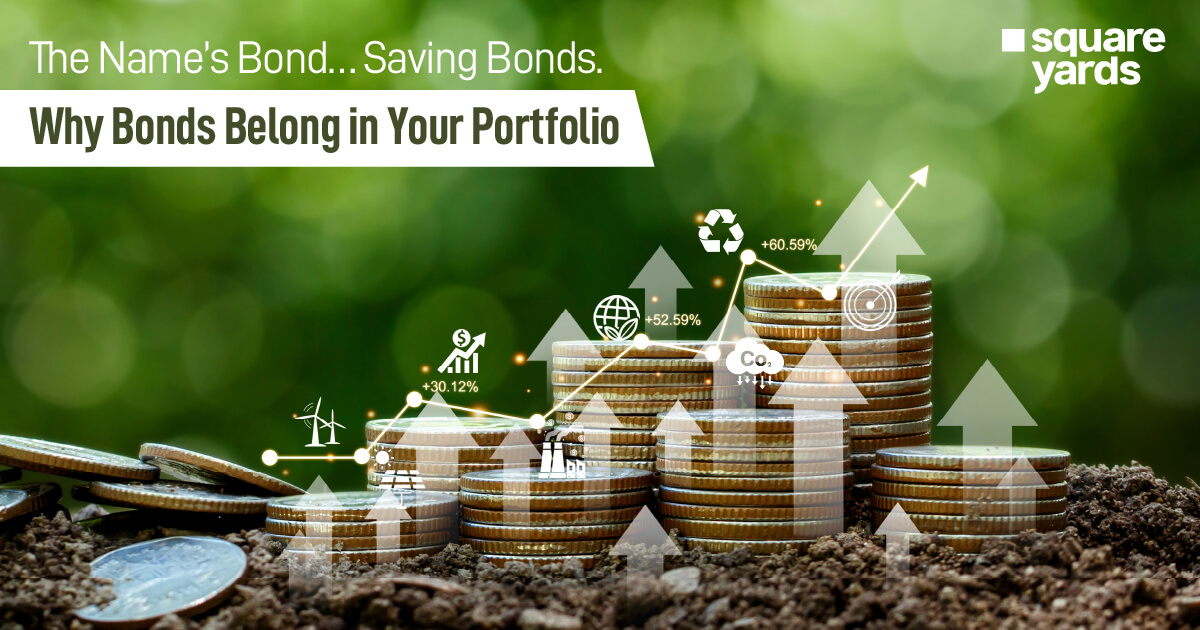Did you know that the Canadian government has seen a significant increase in crypto tax filings in recent years With digital assets becoming mainstream, understanding how crypto is taxed has never been more important. Whether you’re selling, trading, or holding, the Canada Revenue Agency (CRA) has specific tax rules that can impact your profits. But what exactly are these rules, and how can you navigate them in 2024? Not sure how crypto is taxed in Canada, or curious about how much you’ll pay? You’re not alone. Many Canadians are asking, “Is cryptocurrency taxed in Canada?” In this comprehensive guide, we’ll break down everything from Canada crypto taxes to federal and provincial tax rates, tax brackets, and strategies for reducing your overall tax liability. By the end, you’ll have a clear understanding of how Canada’s tax laws apply to your crypto investments, including the crypto tax rate in Canada in 2024 and beyond.
How is Cryptocurrency Taxed in Canada?

In Canada, cryptocurrency is classified as a commodity, meaning it’s subject to specific tax rules depending on how you use it. The Canada Revenue Agency (CRA) treats cryptocurrency as either a capital gain or business income based on the nature of your transactions. How you’re taxed depends on whether your crypto activity is seen as an investment or part of a business operation.
Capital Gains Tax
If you buy and hold cryptocurrency as an investment, any profits made when you sell or trade are considered capital gains. This means only 50% of your total gain is subject to tax. For example, if you purchased Bitcoin for $5,000 and sold it for $10,000, your capital gain would be $5,000, but you’d only need to report $2,500 for taxation.
Business Income Tax

On the other hand, if you’re actively trading or mining cryptocurrency to make a profit, the CRA may categorise your earnings as business income. In this case, the full amount is taxable, and you’ll be taxed according to your personal income tax rate. Unlike capital gains, where you’re only taxed on half, 100% of business income from cryptocurrency is subject to tax.
Taxable Events in Cryptocurrency
The CRA considers certain actions with cryptocurrency to trigger a taxable event. This includes:
-
- Selling cryptocurrency for fiat (like CAD)
- Trading one cryptocurrency for another
- Using cryptocurrency to purchase goods or services
- Gifting cryptocurrency
Federal Tax Rates for Cryptocurrency Earnings in Canada (2024)
Canada’s tax system is progressive, meaning the more you earn, the higher is your tax rate. This applies not only to traditional income but also to your cryptocurrency earnings, whether classified as capital gains or business income. The federal tax rates for 2024 are as follows:
-
- 15% on income up to $53,359
- 20.5% on income between $53,359 and $106,717
- 26% on income between $106,717 and $165,430
- 29% on income between $165,430 and $235,675
- 33% on income over $235,675
How Federal Tax Applies to Cryptocurrency
Only 50% of your profit is taxable for capital gains, so the tax rate is applied to half of your total gain. For example, if you made a $10,000 profit from selling cryptocurrency, you would only report $5,000 in taxable income. This amount would then be subject to the federal tax rate corresponding to your income bracket.
If your cryptocurrency earnings are considered business income, the entire amount is added to your taxable income and will follow the same tax brackets. For instance, if your total income, including crypto business profits, is $70,000, you would fall into the 20.5% tax bracket for a portion of that income.
Understanding Crypto Tax Brackets in Canada
In Canada, your income, including profits from cryptocurrency, is taxed based on which tax bracket you fall into. The Canada crypto taxes offer a progressive system, meaning different parts of your income are taxed at different rates. Here’s a breakdown of the federal tax brackets for the crypto tax rate in Canada 2024
Is There a Tax-Free Allowance for Cryptocurrency in Canada?
The crypto tax rate in Canada is not specific, and there is no tax-free allowance for cryptocurrency gains. Unlike some countries that allow you to earn a certain amount of income before taxes kick in, Canada’s tax system applies to all taxable income, including crypto profits. However, every Canadian is entitled to a Basic Personal Amount (BPA), a form of tax relief.
Basic Personal Amount (BPA)
For the 2024 tax year, the Basic Personal Amount is $15,000. This means that the first $15,000 of your total income from a salary, business income, or capital gains, including cryptocurrency, will not be taxed. Essentially, this acts as a tax-free threshold, offering relief on the first portion of your income.
For example, if your total income (including crypto gains) is $20,000, the first $15,000 will be exempted from federal taxes, and only the remaining $5,000 will be taxed according to your applicable tax bracket.
Cryptocurrency and Tax-Free Gains
It’s important to note that while the Basic Personal Amount reduces your overall taxable income, there is no specific exemption for cryptocurrency itself. If you sell, trade, or use crypto, your earnings are subject to the same tax rules as any other income. This means that your crypto profits are combined with your total income, and any tax-free benefits come from the Basic Personal Amount, not a crypto-specific exemption.
Provincial Cryptocurrency Tax Rate in Canada

In Canada, your total tax bill is a combination of federal and provincial taxes, and each province has its own tax rates. How much you pay for your cryptocurrency gains will vary depending on where you live. While federal tax rates are consistent across the country, the provincial tax rates add another layer of complexity to your overall tax liability.
Provincial Tax Rates
Each province has its own tax brackets that work similarly to federal tax brackets; higher income leads to higher tax rates. Here’s a quick overview of 2024 provincial tax rates for some key provinces:
-
- Ontario: 5.05% on the first $46,226, increasing to 13.16% for income over $220,000
- British Columbia: 5.06% on the first $43,070, rising to 20.5% for income over $227,091
- Alberta: 10% flat rate on income up to $131,220, increasing to 15% on income over $314,928
- Manitoba: 10.8% on the first $34,431 up to 17.4% on income over $74,416
- New Brunswick: 9.68% on the first $44,887 up to 20.3 % on income over $166,280
- New Foundland and Labrador: 8.7% on the first $39,147 up to 21.8% on income over $1,000,000
- Northwest Territories: 5.9% on the first $45,462 up to 14.05% on income over $147,826
- Nova Scotia: 8.79% on the first $29,590 up to 21% on income over $150,000
- Nunavut: 4% on the first $47,862 up to 11.05% on income over $155,625
- Prince Edward Island: 9.8% on the first $31,984 up to 16.07% on income over $63,969
- Quebec: 15% on the first $46,295 up to 25.75% on income over $112,655
- Saskatchewan: 10.5% on the first $46,773 up to 14.05% on income over $133,638
- Yukon: 6.4% on the first $50,197 up to 15% on income over $500,000
How it Affects Crypto Gains
Like federal taxes, your crypto earnings are classified as capital gains or business income. These are added to your overall income and are taxed at both federal and provincial levels. For example, if you live in Ontario and report $10,000 in taxable crypto gains, this amount will be taxed at both federal and provincial rates. If your total income falls within the lowest tax bracket, you’ll pay 15% federal tax and 5.05% provincial tax on those gains.
Provincial Tax Calculators
Many Canadians use crypto tax calculators specific to their province to make things easier. These tools consider both federal and provincial rates, helping you estimate how much you owe on your crypto profits. For example, the Crypto Tax Canada Calculator can break down your tax liability based on where you live, ensuring you’re not caught off guard by local taxes.
Strategies to Reduce Your Cryptocurrency Taxes in Canada Legally
There’s no way to avoid the crypto tax rate in Canada completely, but you can reduce them through smart strategies.
-
- Hold for the Long Term: If you hold your crypto as an investment, you’re taxed on capital gains, meaning only 50% of your profit is taxable. Holding longer can also help avoid higher tax brackets.
- Use Tax Deductions: If your crypto is considered business income, you can deduct expenses related to your crypto business, such as transaction fees, mining costs, or software tools.
- Offset Losses: If you’ve lost money on crypto investments, you can use those losses to offset gains and reduce your overall taxable amount.
- Contribute to a Tax-Sheltered Account: Direct cryptocurrency holdings aren’t allowed in RRSPs or TFSAs, but you can invest in crypto-related stocks and avoid taxes on those earnings.
Mastering Crypto Taxes in Canada: Your Path to Smarter Investments
Understanding how cryptocurrency is taxed in Canada doesn’t just keep you compliant; it can be the key to making smarter financial decisions. With the right knowledge of federal and provincial crypto tax rate in Canada, tax brackets, and strategies to reduce your tax liability, you can turn what seems like a complex system into an advantage. Cryptocurrency may be volatile, but your approach to taxes doesn’t have to be. By planning ahead, keeping detailed records, and using every available deduction, you can easily optimise your investments. As crypto continues to grow, so will the opportunities to maximise your returns while staying on the right side of Canadian tax laws.
You may Also Read:
|
Guide To Equity Multiple in Real Estate |
|
|
What is ESG Investing in Canada |
|
|
All About Forex Trading in Canada |
|
|
Explore The investing in NFT |
|
|
Pros And Cons of Cryptocurrency Investment |
Frequently Asked Questions (FAQs)
Crypto gains are treated as capital gains in Canada. Only 50% of your profit is taxable, and the tax rate depends on your total income. You’ll pay federal and provincial taxes based on your income tax bracket.
Crypto futures are usually considered business income in Canada, meaning the full amount is taxable. The tax rate depends on your total income and can range from 15% to 33% federally, plus provincial taxes.
You can't completely avoid crypto tax, but you can reduce it by holding crypto long-term to benefit from capital gains taxation. Deduct expenses related to your crypto business, and use losses to offset gains.
Yes, you can claim crypto losses. Losses from crypto investments can be used to offset your capital gains, reducing your overall taxable income.
There’s no specific limit on how much crypto you can hold or trade in Canada, but all crypto transactions are subject to tax laws, and you must report your gains or losses when filing taxes. How much tax is there on crypto gains in Canada?
What is the tax rate on crypto futures?
How to avoid crypto tax in Canada?
Can I claim crypto losses on taxes in Canada?
What is the crypto limit in Canada?











